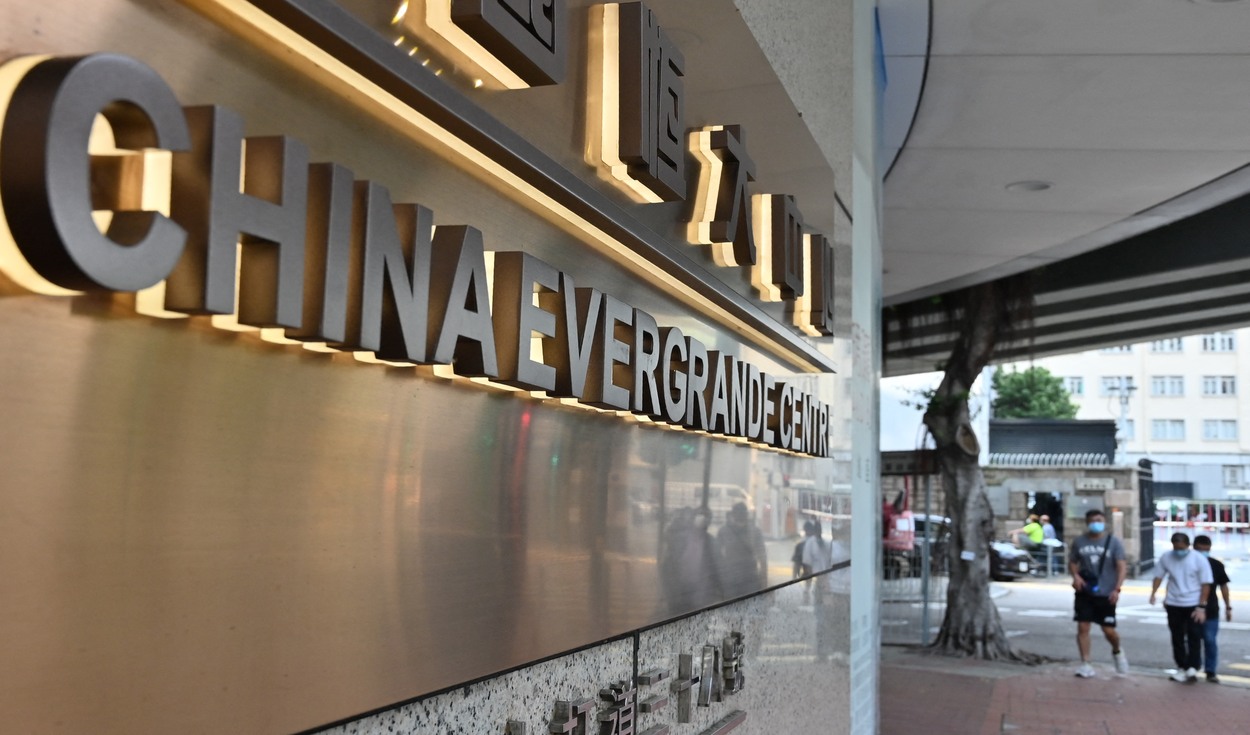
China’s indebted real estate giant evergrande In the last few hours, he requested the protection of the US bankruptcy law to face his serious financial situation and avoid the seizure of his assets, the Chinese newspaper Caijing reported based on media information from the North American country.
The company has filed for Chapter 15 of the US bankruptcy code, which allows foreign companies undergoing restructuring to suspend payments on their international debts in the United States.
The petition has been filed with a court in New York, where Evergrande has a subsidiary, Tianji Holdings, which has also filed for chapter 15 protection.
The real estate company has spent months trying to negotiate a restructuring plan with its creditors that will allow it to get out of business.
Its debtors are called to a meeting with the company on August 23 and 24, a meeting during which they will vote on the proposed restructuring plan for its almost US$20,000 million (about 18,000 million euros) of ‘offshore’ debt.
Evergrande announced net attributable losses of 476,035 million yuan (US$66,409 million, 59,051 million euros) in 2021 and 105,914 million yuan (US$14,775 million, 13,138 million euros) in 2022.
In 2022, the company had a turnover of 230,067 million yuan (US$32,084 million, 28,529 million euros), which represents a drop of almost 8% compared to 2021 and close to 55% compared to 2020, whatever its last financial year before definitively going into crisis.
Evergrande’s listing on the Hong Kong Stock Exchange has been frozen on March 21, 2022, although some of its subsidiaries have resumed trading their shares in recent weeks.
Evergrande and a bankruptcy process
Evergrande revealed this year that it will need additional financing of up to 300,000 million yuan (US$41,840 million, 37,208 million euros) to meet its objective of guaranteeing the delivery of properties already sold off-plan, in line with the wishes of the Chinese government.
The financial position of many Chinese real estate companies worsened after, in August 2020, Beijing announced restrictions on access to bank financing for developers that, like Evergrande, had accumulated a high level of debt, supporting their growth for years with aggressive leverage policies. .
Source: Larepublica
Alia is a professional author and journalist, working at 247 news agency. She writes on various topics from economy news to general interest pieces, providing readers with relevant and informative content. With years of experience, she brings a unique perspective and in-depth analysis to her work.











